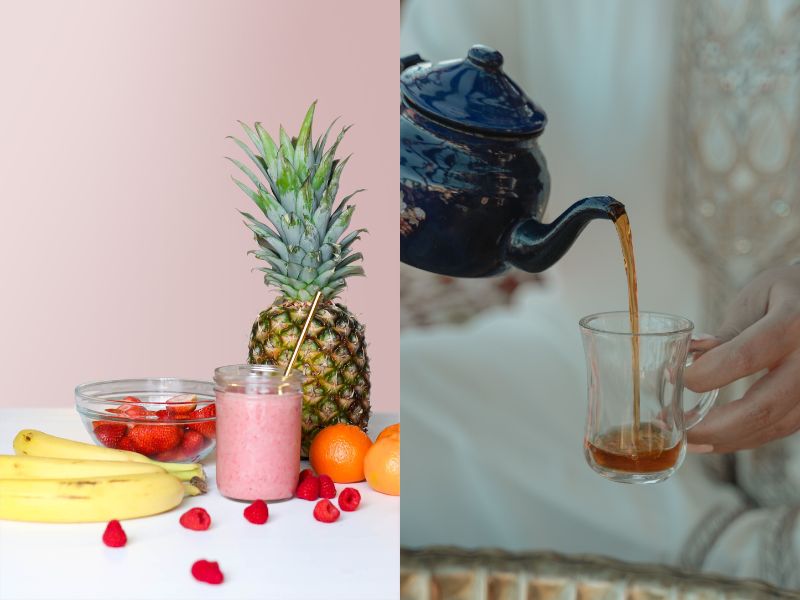
Staying hydrated during Ramadan is essential for maintaining overall health and well-being. While fasting, your body relies on stored energy and water to function properly throughout the day. Hydrating during the non-fasting hours maintains a well-balanced health. Water isn’t the only way to give your body the fluid nutrients it needs. Consider these alternatives instead:
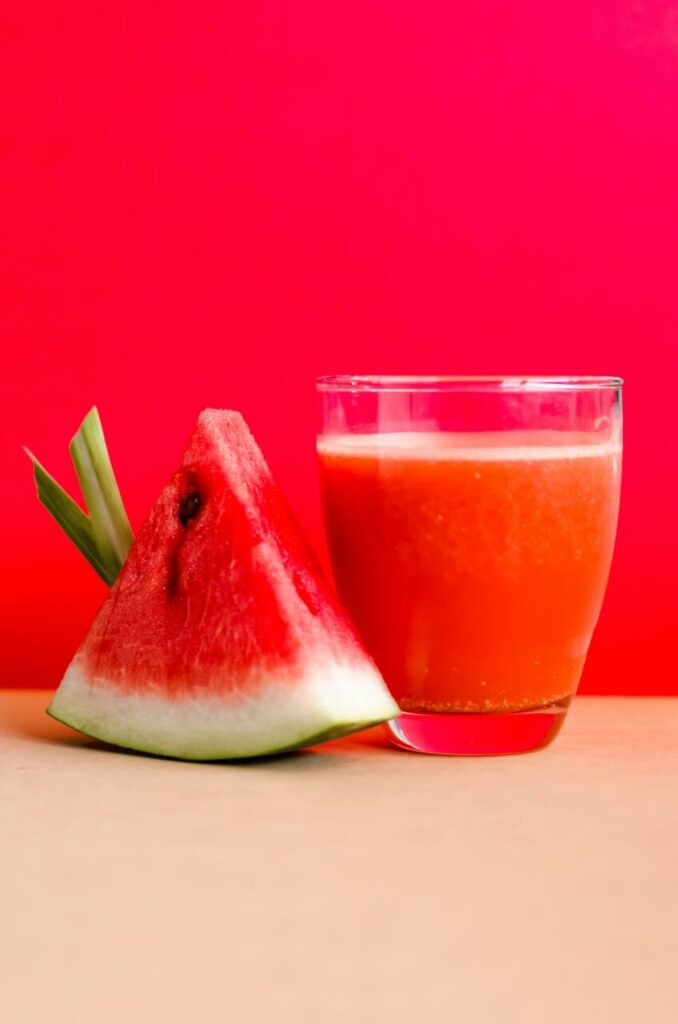
Watermelon is 92% water and 8% fruit, containing essential electrolytes such as salt, calcium, and magnesium, which can effectively replenish the body’s fluids after a tiring day. To add some flavour, you can combine watermelon cubes with some feta cheese or a refreshing sprig of mint.
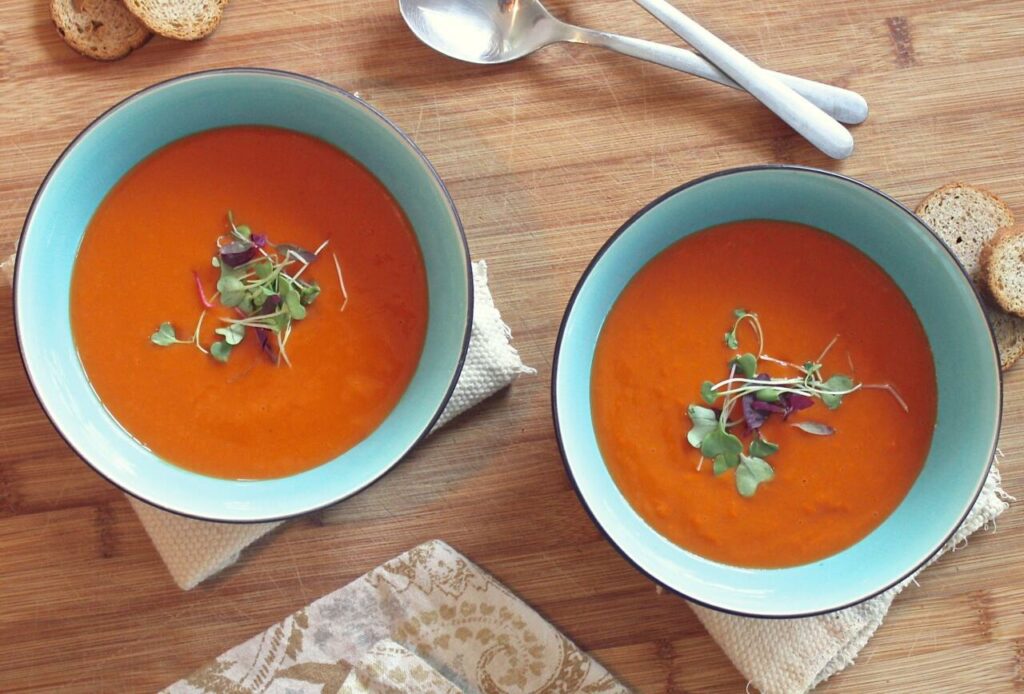
Soup is a common starting dish at an Iftar table. Opt for a clear soup over a creamy one and begin your meal. This will help increase your water intake and improve your energy levels while keeping your body hydrated and well-nourished.
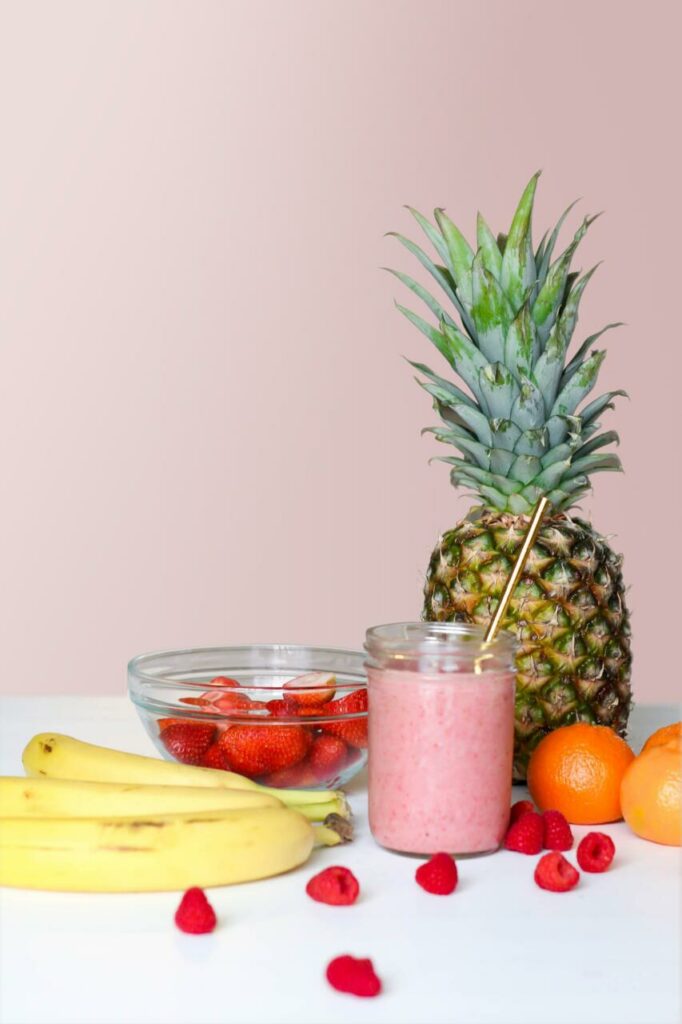
Blend together fruits with high water content such as oranges, watermelon, apples, pineapples, and peaches to make a refreshing smoothie. Skip the yoghurt or milk and add water and ice instead for a hydrating drink that can be made in a large batch and enjoyed during Suhoor.
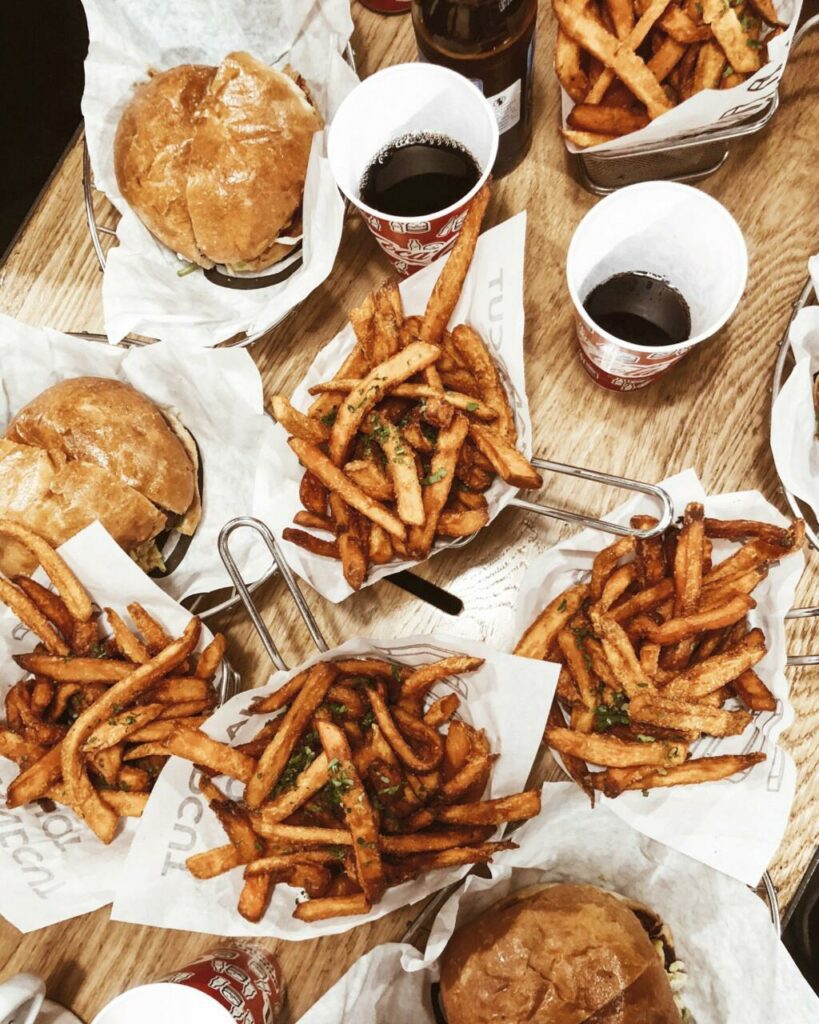
We agree it’s a challenge, but avoiding a diet that contains processed and salty foods is crucial as it can cause dehydration and unnecessary strain on the body. A small daily amount of salt is sufficient and can be sourced naturally from vegetables and select fruits. It is best to avoid fried foods like salty fries and burgers, and opt for healthier alternatives such as coconut water, apple slices, or baby carrots.
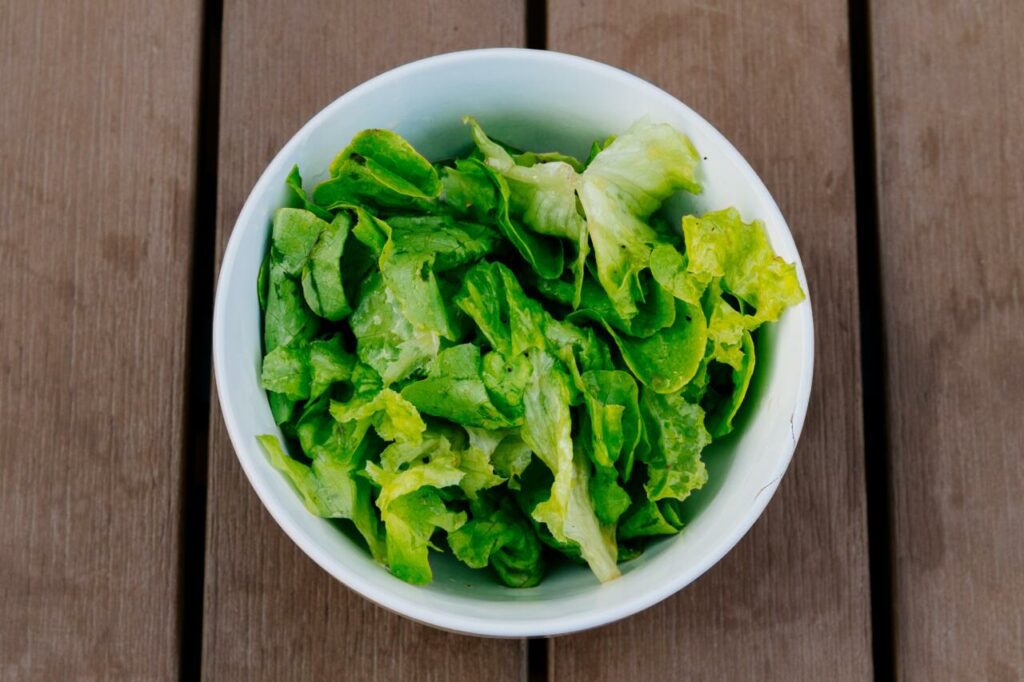
Iceberg lettuce is mostly water – 96% to be precise. It’s a good addition to salads, especially when combined with cucumbers and tomatoes.

It’s simple: tea is made up of 100% water with added herbs for flavour. To fully reap the benefits, it’s best to avoid adding sugar. Opt for herbal teas for optimal hydration.